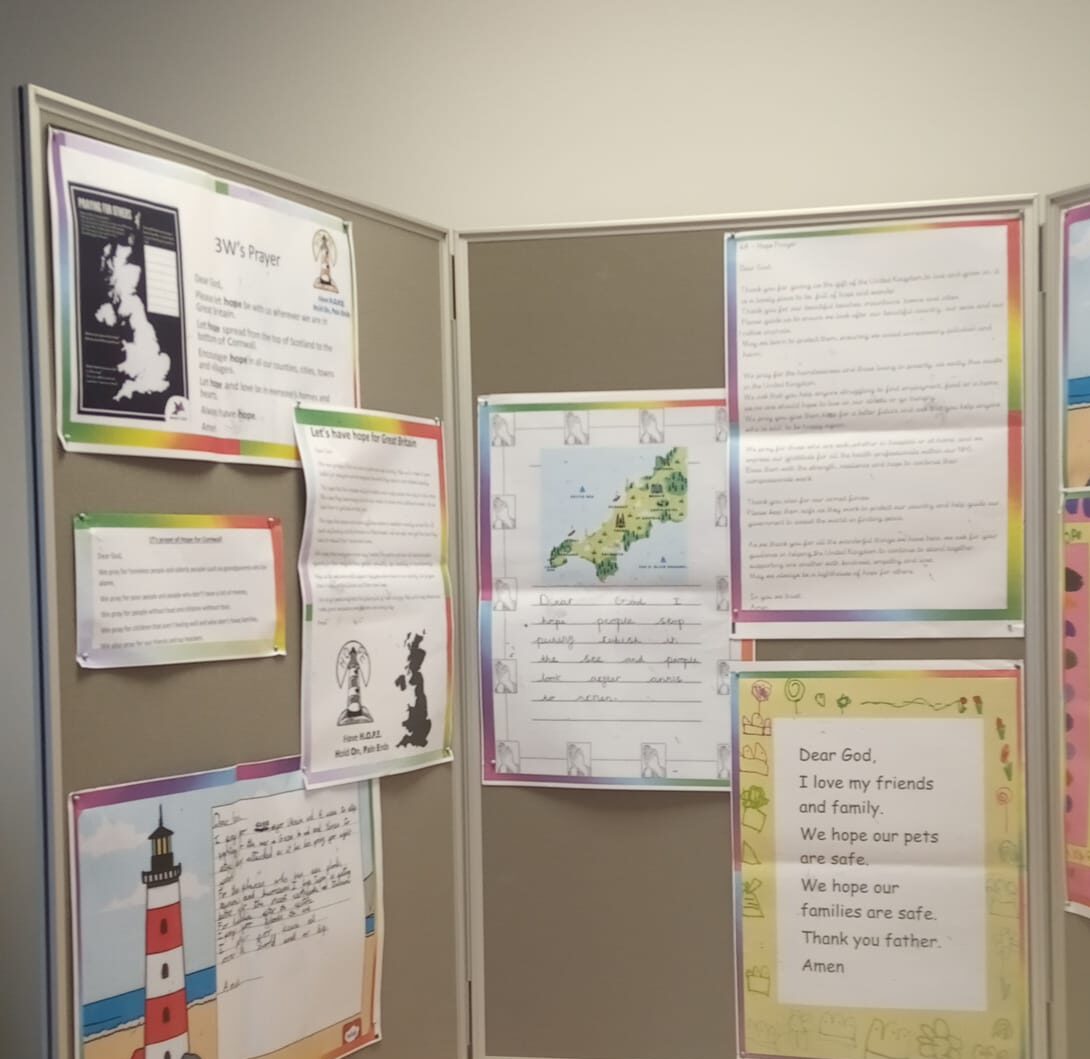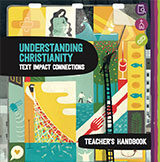Religious Education

The aim of Religious Education (RE) in a Church school is to enable every child to acquire a rich understanding of Christian belief and practice, and to fully engage with a range of religions and worldviews.
Looking for a document?Search them all by keyword…
As part of this, pupils will be provided with a safe space to explore their own religious, spiritual and/or philosophical ways of seeing, living and thinking, believing and belonging. High quality RE should be an expression of the school’s Christian vision, helping to educate for dignity and respect, encouraging all to live well together.
For Church schools in the Diocese of Truro, expectations for how RE should be approached are set out in the Church of England Statement of Entitlement. In RE pupils learn about religious and non-religious worldviews: how do beliefs and values influence the way people live and what difference does our own personal worldview make to how we see others. RE is valued as an academic subject, whilst also making a significant contribution to the spiritual, moral, social and cultural development of all pupils.
The central questions asked about RE in the SIAMS evaluation schedule are:
- How well does RE help pupils to know about and understand Christianity as a living world faith through the exploration of core theological concepts, using an approach that critically engages with text?
- How well does RE help pupils consider the impact and connection that Christianity has on Britain’s cultural heritage and the lives of people worldwide?
- How well does RE enable all pupils to develop knowledge and understanding of other major world religions and worldviews and their impact on society and culture?
- How well does RE give pupils a safe space to critically reflect on their own religious, spiritual and/or philosophical convictions?
- Do teachers share effective practice locally and regionally and engage in professional development?
- Does RE have in place a rigorous system of assessment?
- How effective is RE teaching and learning in the school? (VA schools only)
As a diocese we are committed to supporting high quality RE in all schools across the diocese. Members of our Education Team and those we partner with offer courses for subject leaders and governors as well as bespoke advice and support in schools. A key element of our support for schools is provided by teacher networks, through the Learn Teach Lead RE Project hubs and through the work of local SACREs.
The Diocese of Truro recommends that all Church schools should teach RE in accordance with the Agreed Syllabus for Cornwall. This is the legal expectation for foundation and voluntary controlled schools with a religious character. In voluntary aided schools, where RE must be taught in accordance with the trust deed, agreement to follow the Agreed Syllabus should be sought through school governors. In academies and free schools RE must be taught in accordance with the funding agreement, so academies are advised to adopt the Agreed Syllabus as their chosen method of delivery for RE. The Agreed Syllabus has been chosen, in part, because it incorporates the highly regarded Understanding Christianity resources as an integral aspect of its delivery.
Church schools should display an up to date RE policy on their website.
The school website should also contain a statement explaining the parental right of withdrawal from collective worship and/or religious education.
See guidance from The Diocese of Truro on withdrawal from RE and CW.



